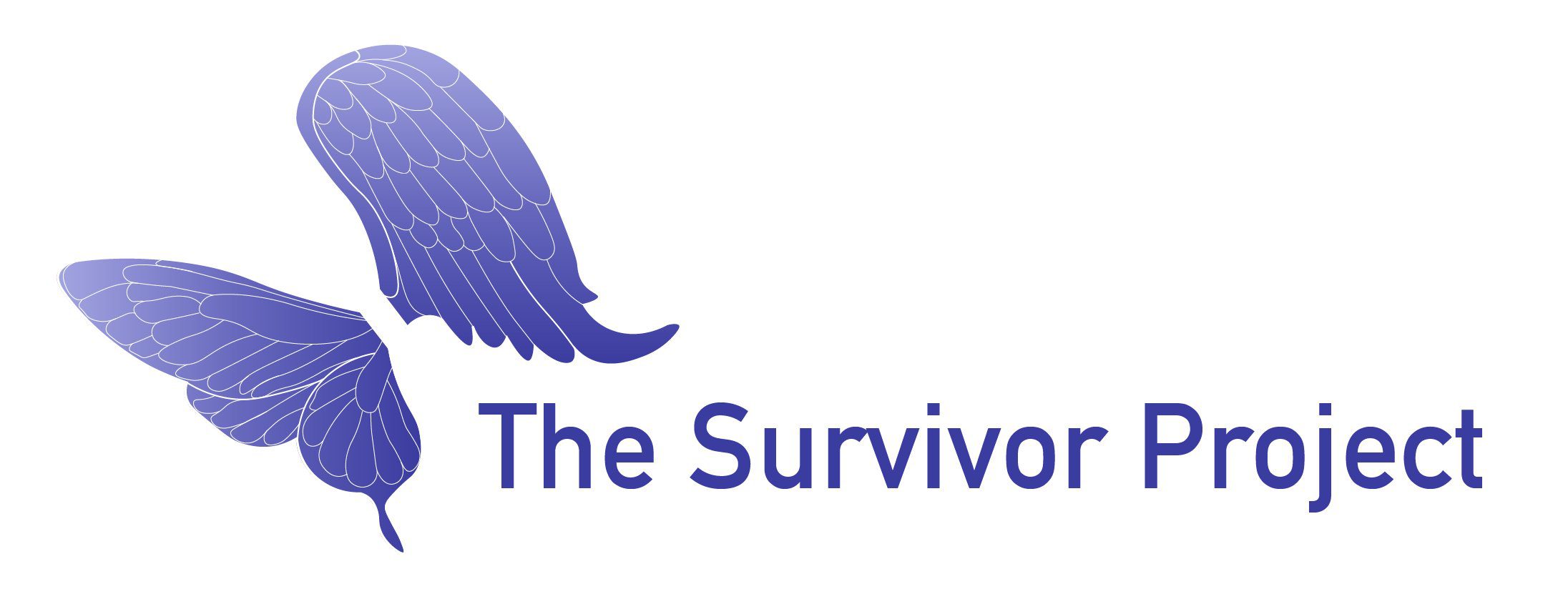Child Abuse
Signs of child abuse
A child you know may be experiencing abuse if they:
- Exhibit unexplained changes in their behaviour or personality.
- Become anxious and withdrawn.
- Become uncharacteristically aggressive.
- Have few friends, lack social skills.
- Have poor relationships or bonds with a parent or caregiver.
- Have knowledge of adult issues inappropriate for their age.
- Run away or go missing.
- Always choose to wear clothes which cover their body.
You may also notice some concerning behaviour from adults who you know have children in their care, which makes you concerned for the child/children’s safety and wellbeing.
These signs don’t necessarily mean that abuse is occurring, there could be other factors affecting the child’s behaviour. We can support you through our helpline if you believe a child is being abused. We can also provide support if you are an adult that experienced abuse in childhood, helping you to heal and move forward.
Types of child abuse
Physical abuse
This may involve hitting, shaking, starving, poisoning, scalding, suffocating or otherwise causing physical harm to a child. Withholding medication or medical treatment is also physically abusive.
Physical harm may also be caused when a parent or carer fabricates the symptoms of, or deliberately induces, illness in a child. This is known as Munchausen syndrome by proxy.
Neglect
The NSPCC defines neglect as “the ongoing failure to meet a child’s basic needs and the most common form of child abuse”. A child might be hungry, unwashed, wearing dirty clothing and have no supervision or shelter.
Emotional abuse
Abusive parents or caregivers may make their children feel worthless, unloved or inadequate. They may not allow them to pursue opportunities or express their views, deliberately silencing them or ‘making fun’ of what they say and how they communicate.
Childhood emotional abuse may include age-inappropriate expectations, from interactions that are beyond the child’s developmental capability to over-protection and limitation of the child.
Emotional maltreatment of a child causes severe and persistent adverse effects on the child’s emotional development.
Did you know…?
A child witnessing domestic abuse is also a form of emotional abuse. Fighting and arguing in front of a child, abusing someone in front of a child or making a child be abusive to someone else are all types of emotional abuse.
Sexual abuse
Sexual abuse of a child involves forcing or enticing them to take part in sexual activities. It is not necessary for the child to understand or be aware of what is happening.
Abuse may include physical sexual contact, including rubbing, touching or masturbation inside or out side of the clothes. Also rape or oral sex which is penetration.
Other types of sexual abuse include encouraging the child to engage in sexual activity with another adult or child, take part in pornography, watch sexual acts, take or view sexual images.
Sexual abuse of children is not always committed by adults, children sexually abuse other children too.
Available support
If you relate to this information you are not alone; there is help available.
I found this helpful
other site visitors relate to this information
